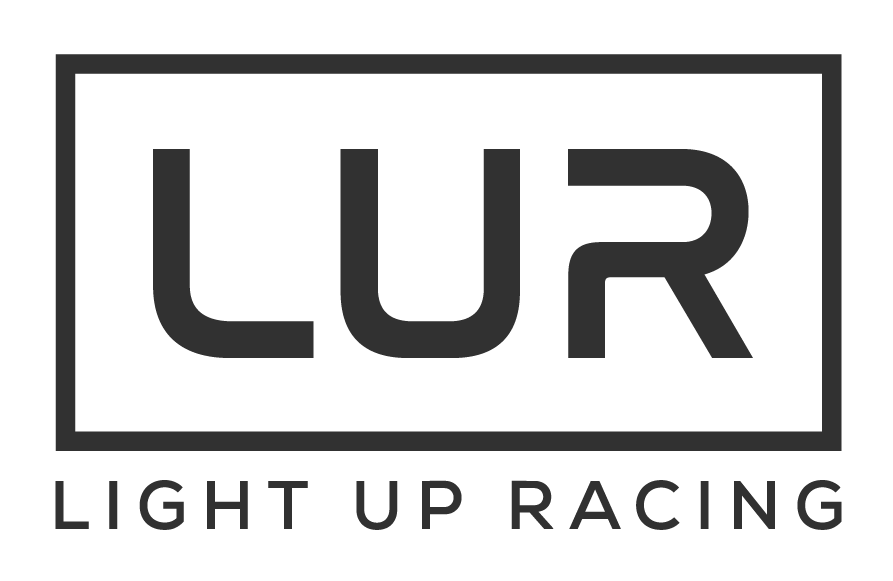Engaging with Purpose
First and foremost, stepping into social media debates should never be done lightly. It’s essential to know when your voice can bring clarity and when it might just add to the noise.
Correcting misinformation is perhaps the most straightforward reason to get involved. If you see claims about horse racing that are blatantly incorrect, providing accurate information is not just helpful; it’s necessary. Similarly, when accusations lack a factual basis, it’s vital to bring the truth to light, equipped with facts and data to support your stance.
Supporting community members who find themselves outnumbered or under attack is another moment to step up. Whether it’s a direct question that seeks your expertise or someone in need of a little backup, these are the times your engagement can make a real difference.
Choosing Your Battles
However, not every comment deserves your keystroke. When faced with irrational or baseless remarks, remember that the majority of the audience likely shares a sense of common sense.
In America, as in many places, the public’s views on animal welfare and horse racing are nuanced and varied. Engaging with someone whose value system is diametrically opposed to the realities of horse racing might not be worth your time.
Similarly, if you’re not armed with accurate information, stepping back is a sign of wisdom, not weakness. In such cases, it’s better to seek out resources and come back prepared, or let organizations like Light Up do the heavy lifting in terms of research and data compilation.
Crafting Your Approach
When you do decide to wade into the waters of social media debate, how you communicate is as important as what you say. Meeting emotion with rationality and hostility with facts is a golden rule.
Always aim to keep the tone pleasant, inviting others to consider a balanced view of the horse racing industry. It’s about showing the human side of the sport, connecting on a personal level whenever possible, and using first names if they’re part of the social media handle.
There are three questions that we recommend you ask to keep the conversation constructive, both online and in person:
- Why do you think that? This question is important as it can often reveal insights into the value system of the person who has negative opinions about horse racing. There are a myriad of reasons that a person may have formed their specific opinion, so firstly determining what that is will assist with determining the correct response.
- Where is your information from? By asking the person to think back to the information source, it forces them to assess the validity of their perspective. Often just asking this question will open the person’s mind to consider another possible point of view
- Do you want to see firsthand? Offering an invitation to visit a farm, training stable or watch track work allows the concerned person to witness the care and attention given to the horses. The mere act of extending an invitation demonstrates a commitment to transparency and openness within the industry, even among those who do not participate in the visit. Even if individuals decline initially, they may be more receptive to participating in industry-related events or discussions in the future, knowing that they are welcome to engage with industry professionals.
The digital arena is no place for personal attacks or derogatory language, which can tarnish your reputation and that of the sport. Keeping responses professional, even in the face of provocation, is crucial.
And while the impulse to delete or block negative comments is understandable, open dialogue tends to be more beneficial in the long run. It shows a willingness to engage and address concerns publicly, an approach that often earns respect.
Transparency and Tact
Admitting mistakes and discussing steps taken to rectify them can go a long way in building trust. Most people understand that horse racing, like any industry, faces challenges and is constantly evolving to improve animal welfare and safety standards.
When it comes to the number of replies, the “reply twice, then tap out” rule is a good standard. It prevents the conversation from descending into a fruitless tit-for-tat while ensuring you’ve made an effort to clarify your stance.
Language is another critical factor. Describing the industry in terms that evoke respect and admiration for the athletes—both human and equine—can change perceptions. Avoid industry jargon that might be misinterpreted or sound harsh to the uninitiated.
Lastly, don’t underestimate the power of pointing out the algorithm benefits of activists commenting on your content. It’s a savvy move that not only highlights your understanding of social media dynamics but can also discourage further negativity.
In Summary
When to get involved:
- When information is incorrect.
- When accusations are made with no factual basis.
- If someone in the community needs support.
- When a direct question is asked.
When not to get involved:
- If the comments are irrational – take comfort in the majority having common sense. 70% of Australians believe that animal welfare issues are not binary.
- If the values system are clearly not aligned.
- When you don’t have accurate information or data to contribute to the debate, it’s better to refrain from commenting to avoid spreading further misinformation. Let us know at Kick Up so we can assist in pulling resources together.
- Meet emotion and hostility with rationality and facts. Always be pleasant. Invite them to consider a balanced view of the industry.
- Maintain a calm and professional tone in all interactions, even in the face of provocations.
- Avoid personal attacks or derogatory language, which can reflect poorly on you or your organisation.
- Try use first names to personalise the content, if the name is in the social media handle.
- Resist the temptation to delete or block activist comments, as this can exacerbate the situation and lead to negative backlash. Instead, engage in open dialogue and address concerns publicly whenever possible.
- Transparency is important – admit any mistakes made and discuss the steps taken to rectify them. Most people understand that these topics are not simple.
- Reply two times, then tap out. Don’t get into a tit for tat argument.
- Language matters. Think of how you would describe an athlete, rather than ‘industry talk’. Avoid terms like ‘breaking in’, ‘breaking down’, ‘wastage’.
- Don’t be afraid of pointing out the algorithm benefits of activists commenting on your content; it tends to shut them down quickly.



